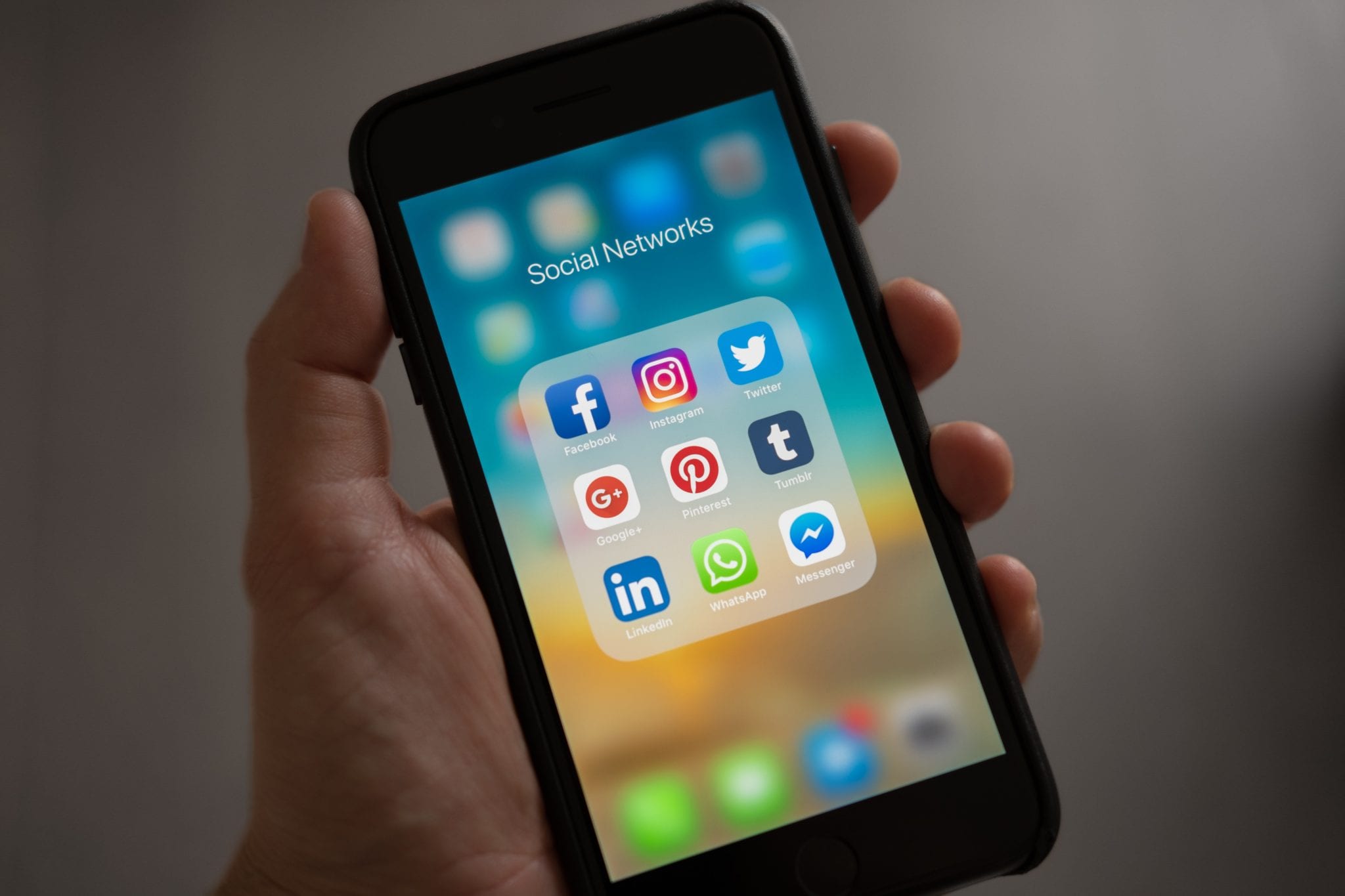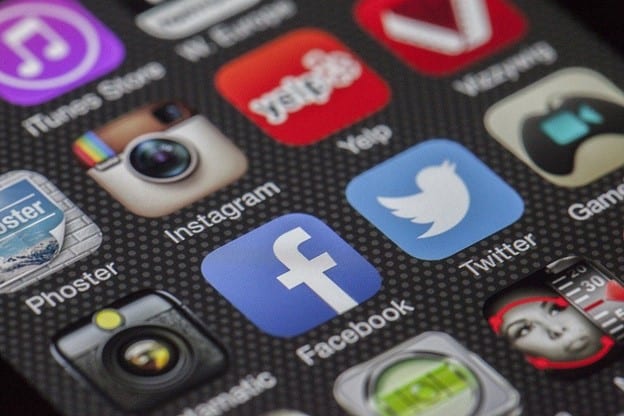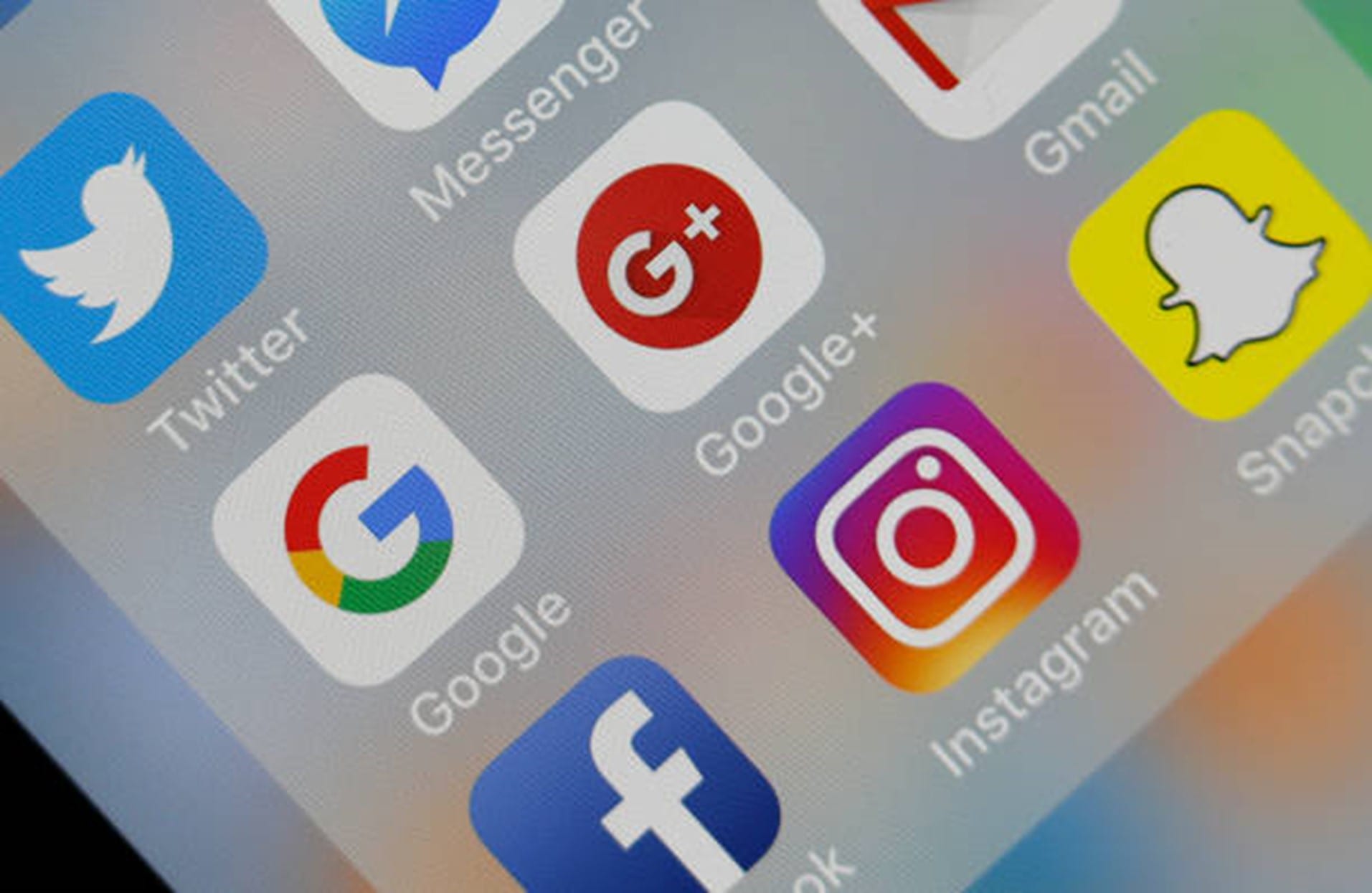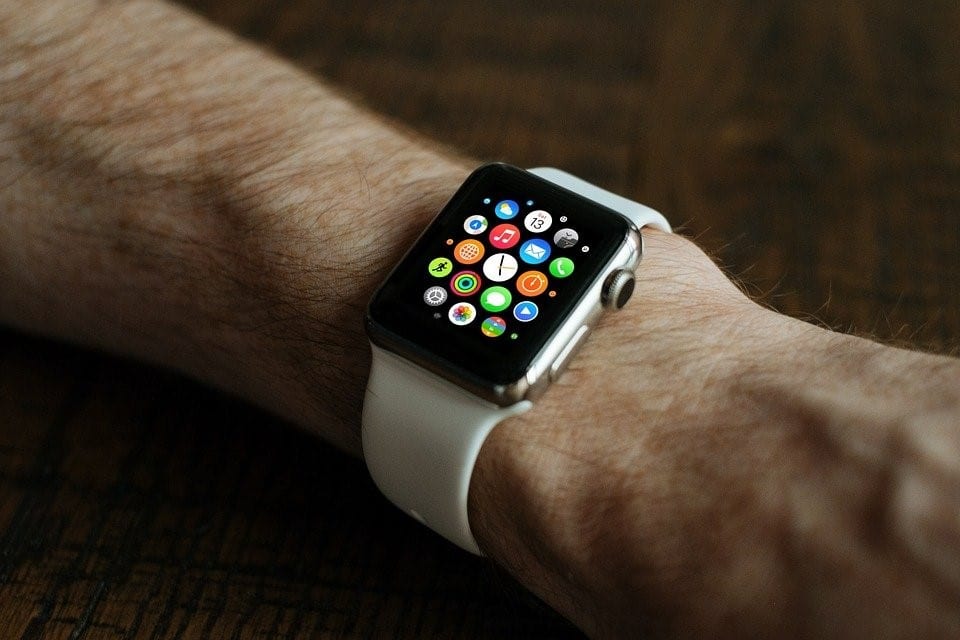7 Surprisingly Positive Effects of Social Media on Your Mental Health



For many today, it is hard to imagine a life without social media. Be it to remain connected with friends and family, to better reach out to one’s customers, or to share with others whatever it is on one’s mind. Today, over half of humanity is actively using social media.
With that said, while it has greatly enhanced the ways we communicate with one another, it has also given rise to several negative mental health effects – including, loneliness, feeling of low self-esteem, and chronic depression. However, recent studies are showing that social media usage isn’t as one-sided as we once believed it to be; in fact, it has its own set of positive influences on one’s life as well.
Curious to know? Here are 7 surprisingly positive effects of social media on your mental health.
1. Normalises Help-Seeking Behaviour
Not all of us are comfortable with sharing our feelings with our real-life friends and family. Or, it could well be that while we are open, those close to us find it difficult to understand our ordeal.
Social media can serve as a safe space to connect. A place where you can seek support from people who understand or have shared your experience. It can be done completely anonymously too! One of the biggest reasons for the reluctance to share our feelings is the fear of being judged and straining one’s relationship with another. You can create an alt-identity on social media and connect with complete strangers.
Eventually, the habit of seeking out help online can materialise into increased confidence in seeking out help in the real world as well.
2. Can Combat Loneliness
In the past decade or so, an increasing number of people have reported feeling lonely. Numerous factors have been linked to this loneliness epidemic and among them happens to be social media. A survey concluded that individuals that more time on social media was, on average, felt lonelier than those who checked in their accounts less.
Concerning the above statement, one may ask, “how can something that causes loneliness actually can be used to combat it?”. The thing is, correlation doesn’t imply causation. It may well be less about the amount of time a person spends on social media but rather how they spend their time.
For example, if a person is lurking on social media and not actively engaging with others or using it as a replacement of their offline interactions; then yes, it will give rise to an increased feeling of loneliness. However, if the person is using social media to actively and genuinely engage with their contacts and strengthen their relationship with them, then their sense of loneliness can decrease.
Social media can be especially helpful for those combating loneliness. Such individuals tend to have limited means of engaging in relationships physically. This can include senior citizens, people working or living in remote areas, or those with a differing set of values and beliefs compared to the society they live in.
3. Helps Maintain Relationships
Drastic life changes occur with time; moving houses, marriage or a demanding new role. Our lives can become increasingly busy and can affect the social dynamic of a relationship.
Before social media, there were very few ways for a person to continue to sustain their relationships as time went on. Social media greatly transformed the way we managed our relationships. We can remain connected with others who have been a part of our lives. Foster relationships with those that we had little time to interact with in real life.
4. Assist in Developing Socialisation Skills
Having good socialisation skills is key to finding greater success in life. However, due to a past negative experience or possessing a certain disposition, quite a lot of people tend to shy away from socialising in real life and thus, hurt their ability to develop the skill further.
Social media, for them, can be a good equaliser for such people. Providing a safe space to engage with others and improve their socialisation skills. In a study on introverted adolescents, it was found that social media did play a positive role in improving their ability to socialise. Another study on adolescents on Instagram revealed that the use of the platform played a factor in them feeling appreciated and solidifying their connections with friends.
5. Improves One’s Sense of Well-Being
After a bad experience or event, we might want to turn to reach out to others as a means to reduce negative emotions and restore a sense of well-being. However, the prospect of a one-to-one conversation or a talk over the phone may be difficult. Worrying that our behaviour might bother them.
Social media gives us a chance to provide a form of release to our negative feelings in a more indirect manner. For instance, we could share an update on what happened, and people themselves would reach out to you to talk more about the issue.
In a study on social media microblogging and well-being, it was found that those who exhibited a higher level of social anxiety were more likely to microblog about their negative experiences, with it serving as a more approachable means for them to reach out to others.
6. Keeping Motivation High
Are you thinking of finally quitting smoke? Or intending on working on that big project you have always planned? Or, is it that you attend the gym regularly to improve your fitness? Announcing your goal on social media and posting regular updates about can help keep your motivation towards it high.
This is because it can generate positive reinforcement from friends and family, their supportive likes and comments inspiring you to keep your energy high in the pursuit of the goal. It can promote greater accountability to others – you are less likely to drop out of something if it is more than just you who will get disappointed.
A recent study found the individuals who shared their commitment to a goal with a friend, were more likely to succeed in it than those who didn’t’. Meanwhile, another study concluded that getting praise based on your efforts or what you have so far accomplished can be a powerful influence on achieving better goal outcomes.
In addition to that, social media also allows you to join communities dedicated to similar pursuits. You can get useful advice relating to your goal and gain inspiration from other people’s examples.
7. A Place to Speak Your Mind
Let’s face it, there are plenty of real-world issues that might be bothering you. A proper place to rant about it and release the emotions that have been bottled up for so long would do a world of good.
Social media is the place to do just this. You can safely express your thoughts and engage in uncensored discussions about issues that matter to you. Unlike in real-life, should anyone show themselves as too hostile to your way of thinking, you can block them.
Being able to speak one’s mind is beneficial for your emotional well-being. It reduces a sense of frustration with the world and prevents your emotions from boiling over. Otherwise, simply storing all the passion can make us bitter and even toxic to others around us. Hurting others in the process and bringing ruin to our relationships.
Those who say that only bad can come from social media fail to appreciate the positive side of the technology. As with any man-made invention, it, in itself, isn’t inherently bad or good. Its how we tend to use it that determines what outcome we derive from it. Used responsibly and for what it is intended for, social media can be extremely beneficial. It can bring positive effects on one’s mental health.






